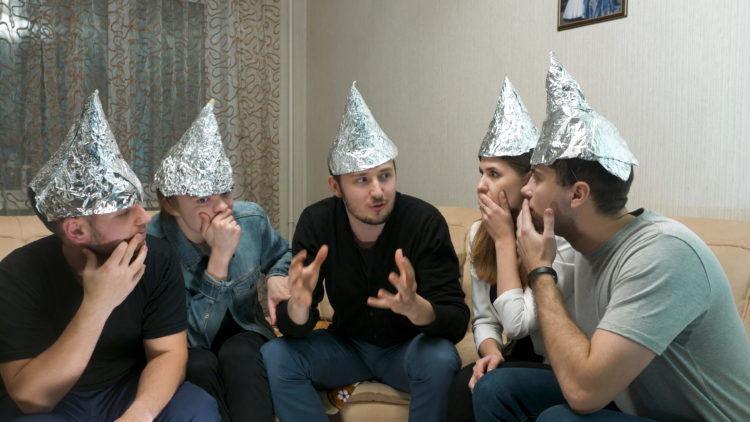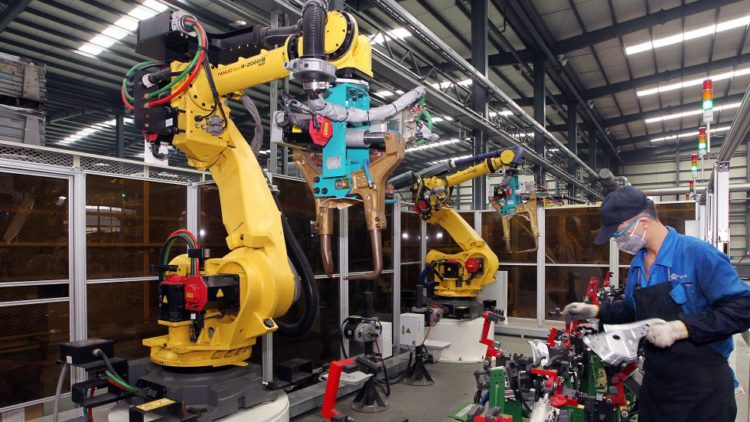Stop Acting Like This is Normal
Four weeks after one-time convicted felon Adolph Hitler was inaugurated as German Chancellor and 92 years before the 34-times convicted felon Donald Trump‘s second inauguration as President of the United States, and four weeks after Adolph Hitler was inaugurated as German Chancellor, Dutch pyromaniac Marinus van der Lubbe, set afire the German Reichstag parliament building. Arriving at the scene in Berlin, Hitler called the fire a “sign from God” and during the following day triggered the German ‘Enabling Act‘, emergency legislation that suspended not only the homeless German legislature but also suspended freedoms of speech, assembly, and other civil rights throughout Germany. He alone became the absolute dictator of that nation. German freedoms and civil rights wouldn’t begin to be restored until a dozen years later when conquering Allied troops seized Berlin from the Nazis. Hitler, a felon who in 1923 fomented a violent, failed uprising for which he served prison time, had better initial luck than Trump, now a convicted American felon who four years ago fomented a violent, failed uprising for which he is unpunished and on the loose, seized the Reichstag fire as excuse to gain a dictatorship. So, Trump has concocted an ’emergency,’ claiming that a Venezuelan-based drug cartel has ‘invaded’ the U.S. He fraudulently (he is, after all, a convicted fraud) claims that this permits him to trigger the little-known Enemy Aliens Act of 1798, which permits a U.S. president to deport, without trial or judicial hearing, foreigners who he believes are a threat to the nation. The Enemy Aliens Act was controversial 227 years ago, nonetheless today. Although federal courts have now blocked Trump’s implementation of the Enemy Aliens Act, he nevertheless has used it as a lynchpin to seize more dictatorial control of the nation than any president during the past 80 years or more. In this 19-minute video podcast, American political commentator and journalist Ezra Klein compares American citizen’s slow reactions to Trump increasingly dictatorial seizure of power as akin to the metaphor of frogs who don’t yet realize that they are being fatally boiled because of how gradually the heat is being applied; how so accustomed they have become to the gradually increasing danger until the realization of dangers comes too late. He issues an alarm, an alarm call to America to stop acting as if MAGA politics is normal.


